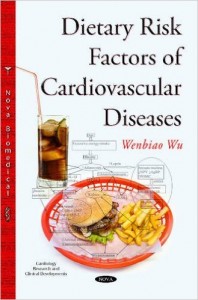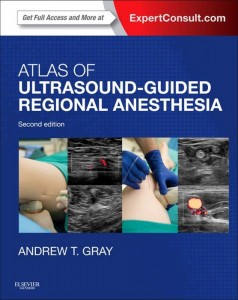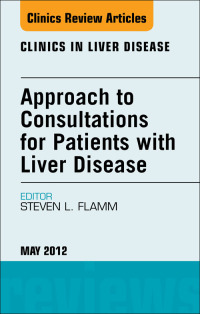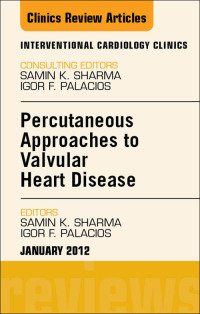
Product Title: Dietary Risk Factors of Cardiovascular Diseases
Format:
PDF,
Overview (Details, Topics and Speakers):
by
Although successful efforts have been greatly exerted to prevent and treat cardiovascular diseases (CVDs), it currently causes the most number of global deaths among all kinds of diseases. According to expert estimation in 2008, the global deaths caused by CVDs were 17.3 million, which accounted for 30% of all global deaths. Mathers and Loncar reported that the global deaths caused by CVDs could be up to 23.3 million by 2030. In addition to the global mortality of all CVDs, the World Health Organization (WHO) estimated that about 40% of adults aged 25 and over in the world suffer from hypertension. Hypertension greatly increases the risk of other kinds of CVDs that might be deadly. This means that CVDs result in many people’s economical burdens and shortens their life span.
This book has comprehensively reviewed dietary risk factors for CVDs. There are several approved dietary risk factors for CVDs in our daily diets and foods. The dietary risk factors include toxicities caused by over-intake of cholesterol, energy, saturated fatty acids, saccharides (especially fructose), iron, sodium, alcohol, niacin, homocysteine, alkaloids (such as synephrines, caffeine, tyramine, dopamine, histamine, and cyanide), nucleic acids and trans-fatty acids. Other exstensive factors include the metabolites of choline-containing compounds or L-carnitine, and environmental contaminants such as mercury and cadmium; the deficiencies of folate and vitamins D, B6, or B12; the toxicity or deficiency of magnesium; and the consumption of sweetened soft drinks. Underweight—or even normal weight—individuals might not decrease the occurrence of cardiovascular diseases because the deficiency of some nutrients, and some alkaloids that are able to control weight could also damage the cardiovascular system.
It seems that the association of all these risk factors in blood with CVDs has been well established, though some controversial opinions on some risk factors exist. Also, their levels in blood are likely associated with their dietary intake. Therefore, it should be worth carrying out further studies on the correlation of these risk factors in foods with the occurrence of CVDs.
Most importantly, it seems that the data of dietary safety of these risk factors is based on a single factor. What would the cardiovascular system undergo if a person is used to foods that contain all cardiovascular risk factors for a long time? Is any unknown cardiovascular disease risk component present in our daily diets? It is worth performing extensive research to answer these questions. The disease risk factors on the cardiovascular system need to be studied well, even though the concentration of each in our daily food might be safe for consumption. For example, the test on a prepared diet containing all the risk factors for CVDs discussed in this book should have a prospective outcome and contribute a lot to the prevention of cardiovascular diseases in the future.
In addition, it has been reported that there are digoxin-like factors in some kinds of foods. Also, the association of the digoxin-like factors with CVDs has been indicated. For example, digoxin-like factors were found to cause bradycardia and hypotension, though they have been employed as medicines to enhance heart performance. Digoxin (1.2 ng/mL in blood and higher) may harm patients with heart failure. Its levels >2 ng/mL in blood are commonly toxic, but it may have toxicity at lower levels as well. Furthermore, digoxin especially harms patients who have significant sinus or atrioventricular block. A target range of 0.5-1.0 ng/dL in blood has been recommended.
It is believed that this book can be used as a reference for teachers, students, researchers, food or beverage manufacturers, food additive manufacturers, and those interested in healthy food. (Imprint: Nova Biomedical)
Product Details
- Hardcover: 140 pages
- Publisher: Nova Science Pub Inc (August 15, 2015)
- Language: English
- ISBN-10: 1634827619
- ISBN-13: 978-1634827614
Delivery Method
the Dietary Risk Factors of Cardiovascular Diseases course/book will be provided for customer as download link. download link has NO Expiry and can be used anytime.
Contact Us
contact us to our email at [email protected] or fill in the form below:





Reviews
There are no reviews yet.